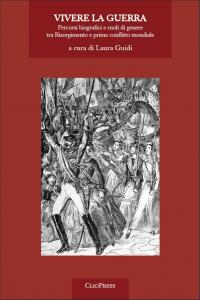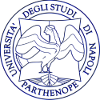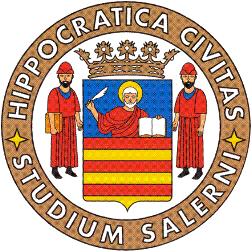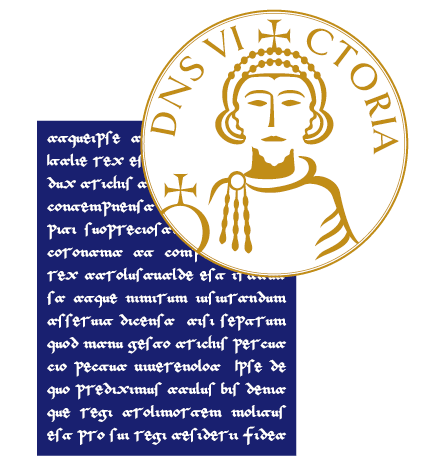Living the War: Biographical Paths and Gender Roles between Risorgimento and First World War
Keywords:
Gender history, Women and warSynopsis

Publisher: ClioPress. Editoria digitale per la didattica e la ricerca storica
Pages: 168
Language: Italian
NBN: http://nbn.depositolegale.it/urn:nbn:it:unina-22048
Abstract: Through the various essays that compose it, the volume gives voice to subjective experiences and perceptions of men and women involved in military conflicts between the Risorgimento period and the Great War: historical phases characterized by deep elements of continuity regarding the symbolic construction of national identity, but also by equally strong watersheds. The comparison between different contexts is valuable in investigating the relationship between gender, nation, and war. Starting from a stereotype that is still strong, though it has been challenged by recent research − associating women with the desire for peace and men at the will of competition and conquest −, the volume inquired whether a specific "gender" perception of wars emerged from the texts analyzed, and to what extent these conflicts have prodded crisis and transformation in the relations between women and men. In the writings of fighters analyzed in the book − Bourbonists and Garibaldians on the Risorgimento scene, British and Italian volunteers in the First World War − "fighting the war" assumes very different meanings in relation to the side that was chosen and to the individual personality; however, it always represents a crucial moment of confrontation with dominant models of virility. The writings of Louise Colet − a passionate supporter of the Italian cause −, the images of "angels" and "fury" emerging from the male memories of the Risorgimento, alongside writings of so many women mobilized in 1914-18 − from Vera Brittain to Italian irredentists and nationalists, to the feminist minority who remained faithful to pacifist internationalism − remind us that in the nineteenth century, as in the terrible conflict that opens the "age of extremes", the war transformed profoundly, in addition to the lives of men called cannot, in fact, ignore the historical dimension that needs to inform any study that is to be done today on these works.
Table of Contents
Laura Guidi, Introduction
Marco Meriggi, The Seducer and the Chaplain. Evolution of War and Gender along the Route of the Mille
Marcella Varriale, “Enfin l’Italie combat”: Louise Colet “patriota italiana”
Annamaria Lamarra, The War that «non si lascia dimenticare»
Anna Grazia Ricca, Figures of Masculinity in the Imaginary of the Great War
Laura Guidi, A Female Nationalism. 1914-1918
Angela Russo, “Viva l'Italia tutta redenta!”. Interventionist women on the Eve of the Great War
Dianella Gagliani, War and Gender Identity in the Contemporary Age. A debate
Index
Authors
Downloads













